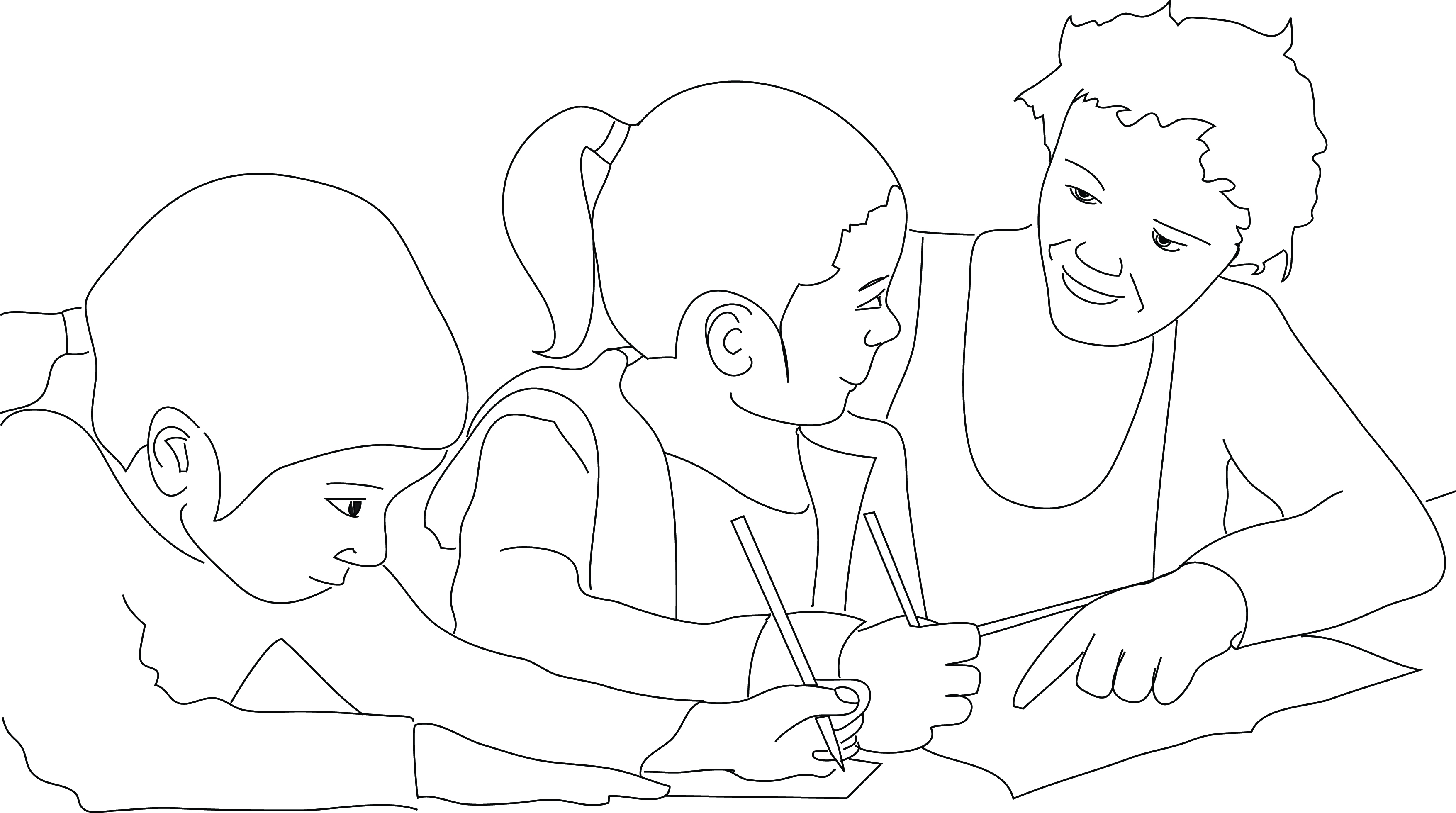
Stories to support pupils’ emotional literacy and academic skills
FOR educational professionals
The Centre for Therapeutic Storywriting promotes the use of Therapeutic Storywriting by educational professionals supporting the mental health of pupils in schools.
We do this by delivering training to educational professionals, conducting evaluative research, providing online support and delivering a Train-the-Trainer programme.
Schools in more than 40 Local Authorities in England have introduced the Therapeutic Storywriting programme.
Therapeutic Storywriting is a therapeutic teaching model that uses the educational curriculum as a therapeutic context. It does not require educational professionals to become therapists but rather to bring psychological-mindedness to their work in supporting pupils with severe behavioural emotional and social difficulties.
Pupils will generally be on the SEN register as requiring support for their mental health. They are selected because emotional anxiety is getting in the way of their learning. Pupils may or may not have literacy levels below that of their peers.
Dr Trisha Waters introduces Therapeutic Storywriting via the SENDcast podcast:
Therapeutic Storywriting Groups
Open to all
Tuesdays 5 May, 2 June & 23 June 2026
Time: 9.30am – 3.30pm (UK) | Cost: £495 (for 3 days)
or email: admin@TherapeuticStorywriting.co.uk
For Surrey professionals only
Thursdays 8 Jan, 29 Jan, 5 March 2026
To book contact Sally Varju :
For Kirklees professionals only
Thursdays 15 Jan, 12 Feb and 19 March 2026
To book contact Laura Kay :
For Norfolk professionals only
Wednesdays 28 Jan, 25 Feb & 11 March 2026.
To book contact Sarah Gentle :
Story Links: Working with Parents of Vulnerable Pupils
Tuesdays 12 May, 9 June & 30 July 2026
Time: 9.30am – 3.30pm (UK) | Cost: £495 (for 3 days)
or email: admin@TherapeuticStorywriting.co.uk

Testimonials
“It has been a ray of light- working with very needy children gets overwhelming and this seems a practical, pro-active way of helping children to address their own needs.”
TEACHER, KENT & MEDWAY
‘I just really like it. I really like it. I just prefer it to class. If the storywriting was class and I had to go there every Friday that would be even better.’
Mike, Read case study
From our blog
-

Story Characters as Aspects of the Self
All the world’s a stage and all the men and women merely players… And one man in his time plays many parts. (As You Like It, Shakespeare) Many of us have experienced ourselves, at times, as not just one self but as different selves each wanting different things and sometimes competing for attention. Subpersonality is
-

Writing for Meaning
One of the main jobs of the primary class-teacher is to ensure pupils have mastered the rules of spelling, punctuation, and grammar in addition to writing for different contexts. All of this is, of course, important but there is one aspect which does not get much of a look-in which is Writing for Meaning. One
-

Supporting a child with anger issues in a Therapeutic Storywriting group – a case study
Ten-year old Mike (name changed) was an academically able Y6 boy who was on the SEN register because of his inability to regulate his anger. He had attended a 10- week Therapeutic Storywriting group with five other Y6 pupils and was interviewed at the end of this as part of a research project. According to the SENCO ‘he has



